For food lovers on the hunt for their next culinary adventure, not all American cities deliver the excitement and diversity one might expect.
While some cities are well-known for their food scenes, others fall short. Certain cities may leave your taste buds wanting more.
Understanding which cities to avoid can save you from a disappointing dining experience.
Omaha, Nebraska
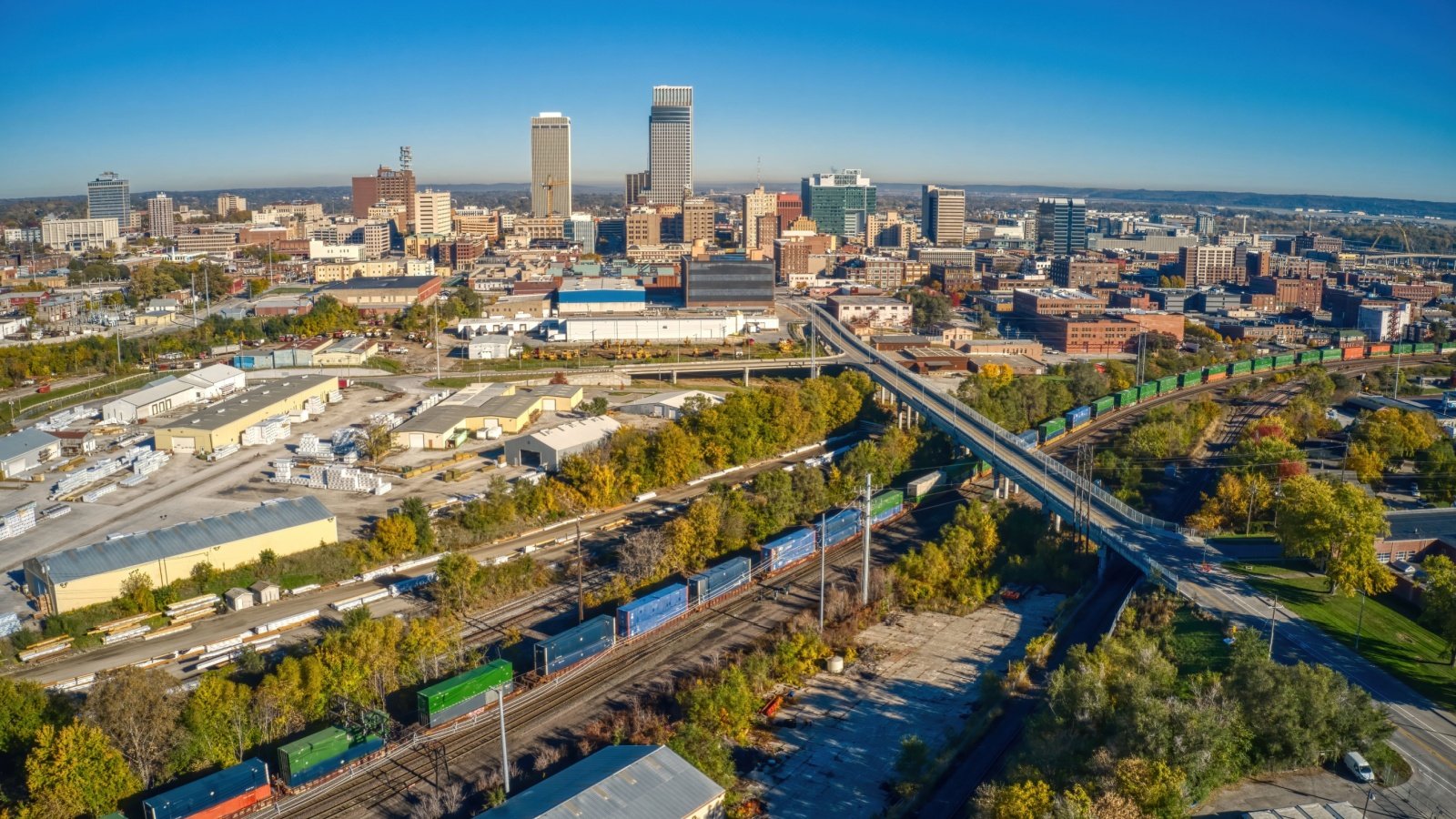
Omaha might be famous for its steaks, but beyond that, the city’s food scene is limited and lacks variety. The focus here is largely on traditional Midwestern fare, with few options for those seeking ethnic or modern cuisine. Foodies might find Omaha’s offerings underwhelming, especially compared to other major cities.
Salt Lake City, Utah
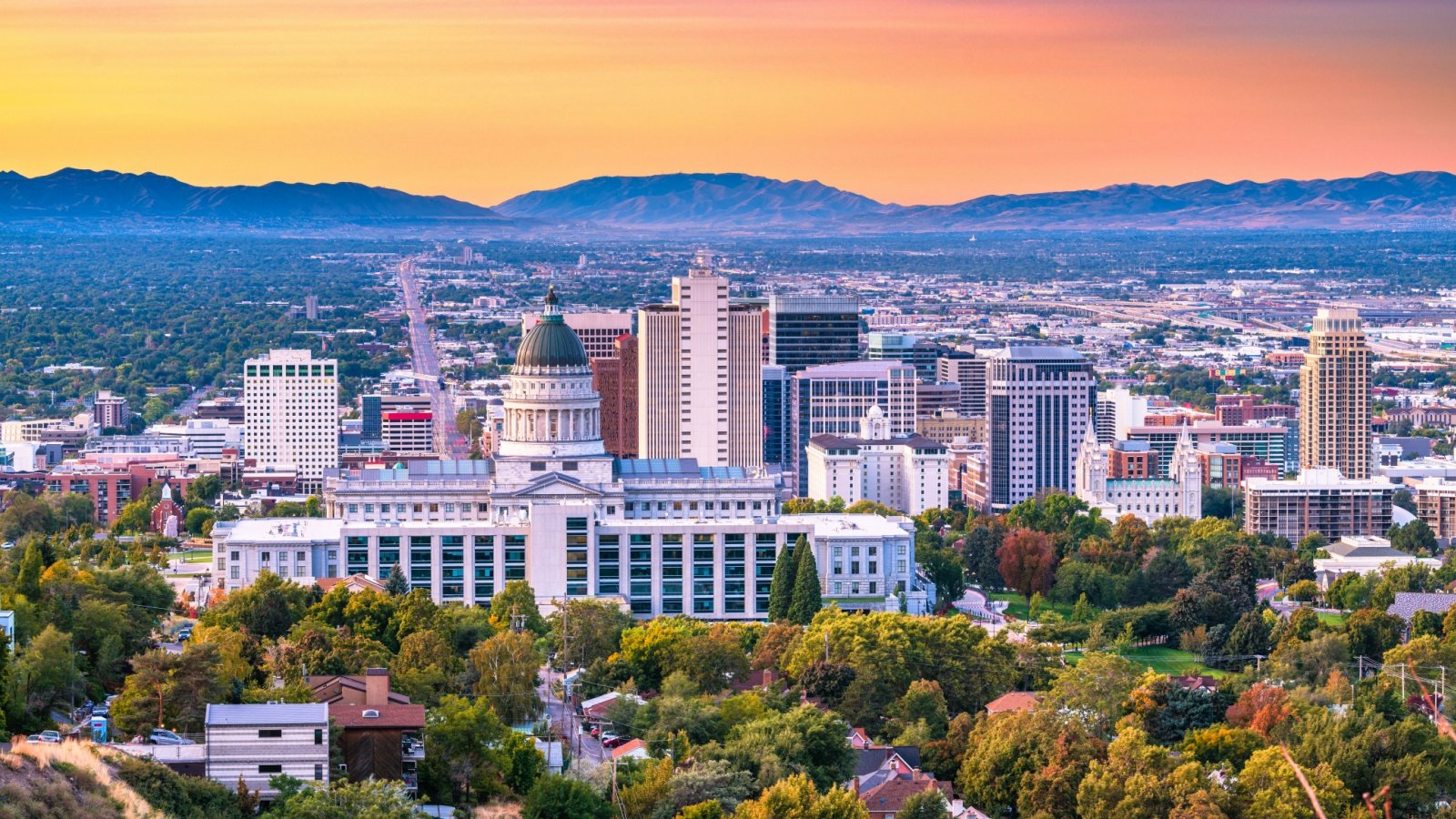
Salt Lake City has a reputation for being somewhat conservative in its culinary choices, with a heavy emphasis on chain restaurants and standard American fare. While there are a few gems, the overall dining scene lacks the excitement and diversity that foodies crave. Those with adventurous palates may find themselves searching for more satisfying options elsewhere.
Jacksonville, Florida
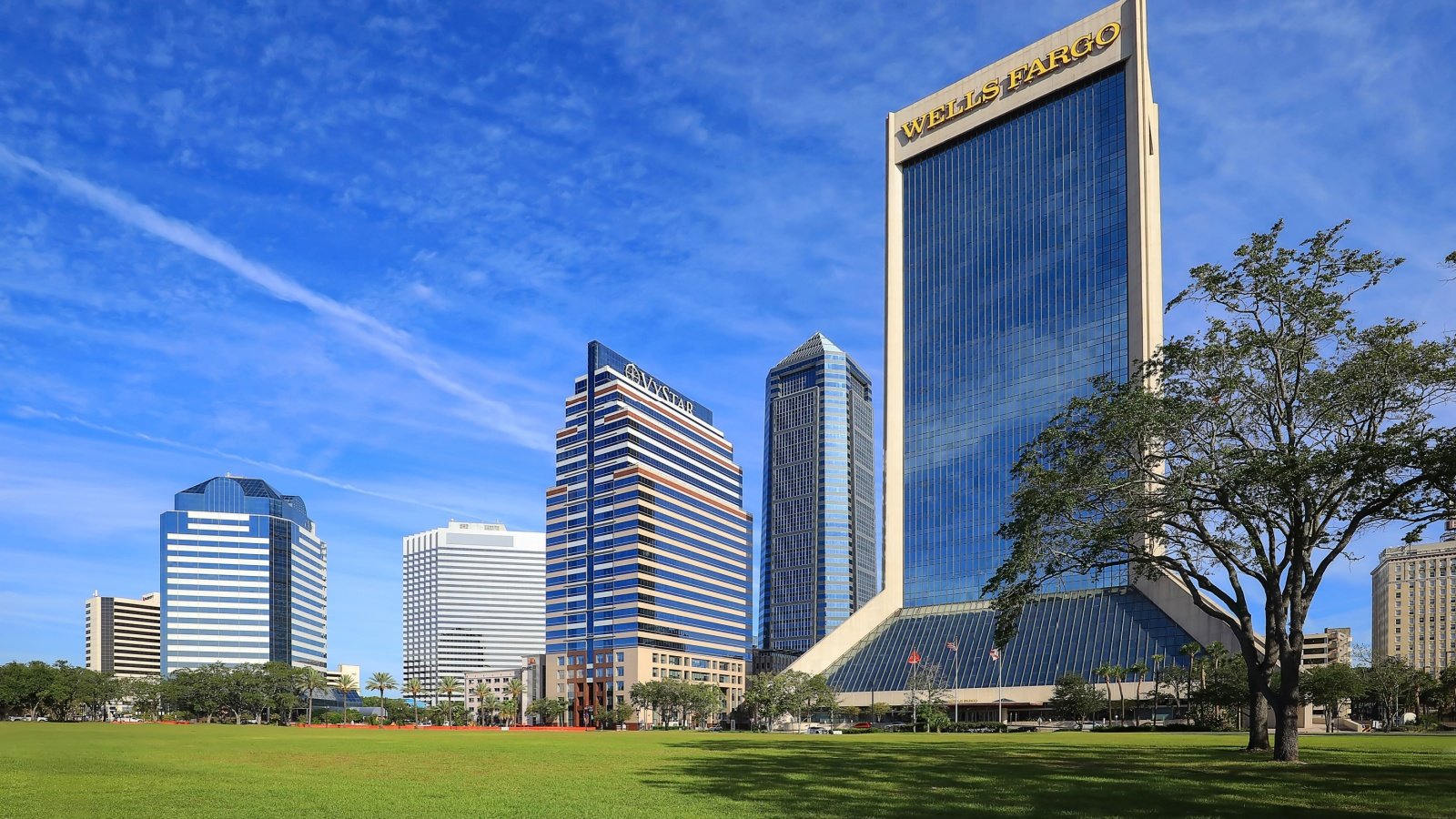
Jacksonville is a large city with surprisingly few standout dining options, making it a tough sell for food enthusiasts. The city’s restaurant scene is dominated by chains, with little representation of the diverse culinary cultures found in other parts of Florida. For foodies, Jacksonville might be best described as a culinary desert.
Fresno, California
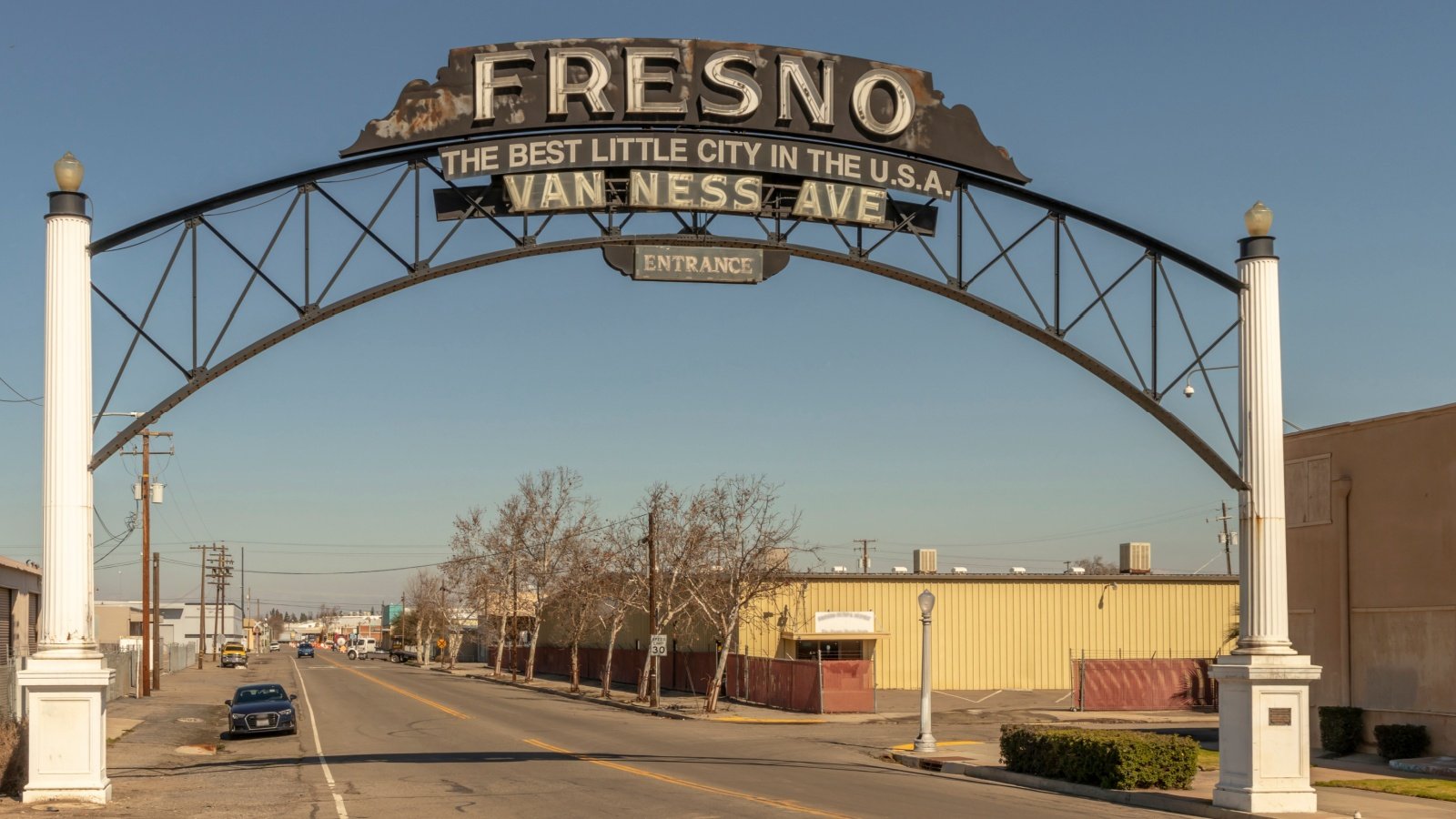
Despite being located in one of the most agriculturally rich regions of the country, Fresno’s food scene is disappointingly lackluster. The city is home to a plethora of fast-food joints and chain restaurants, with few options for those seeking innovative or farm-to-table dining experiences. Foodies passing through Fresno may find themselves unimpressed by the local offerings.
Indianapolis, Indiana
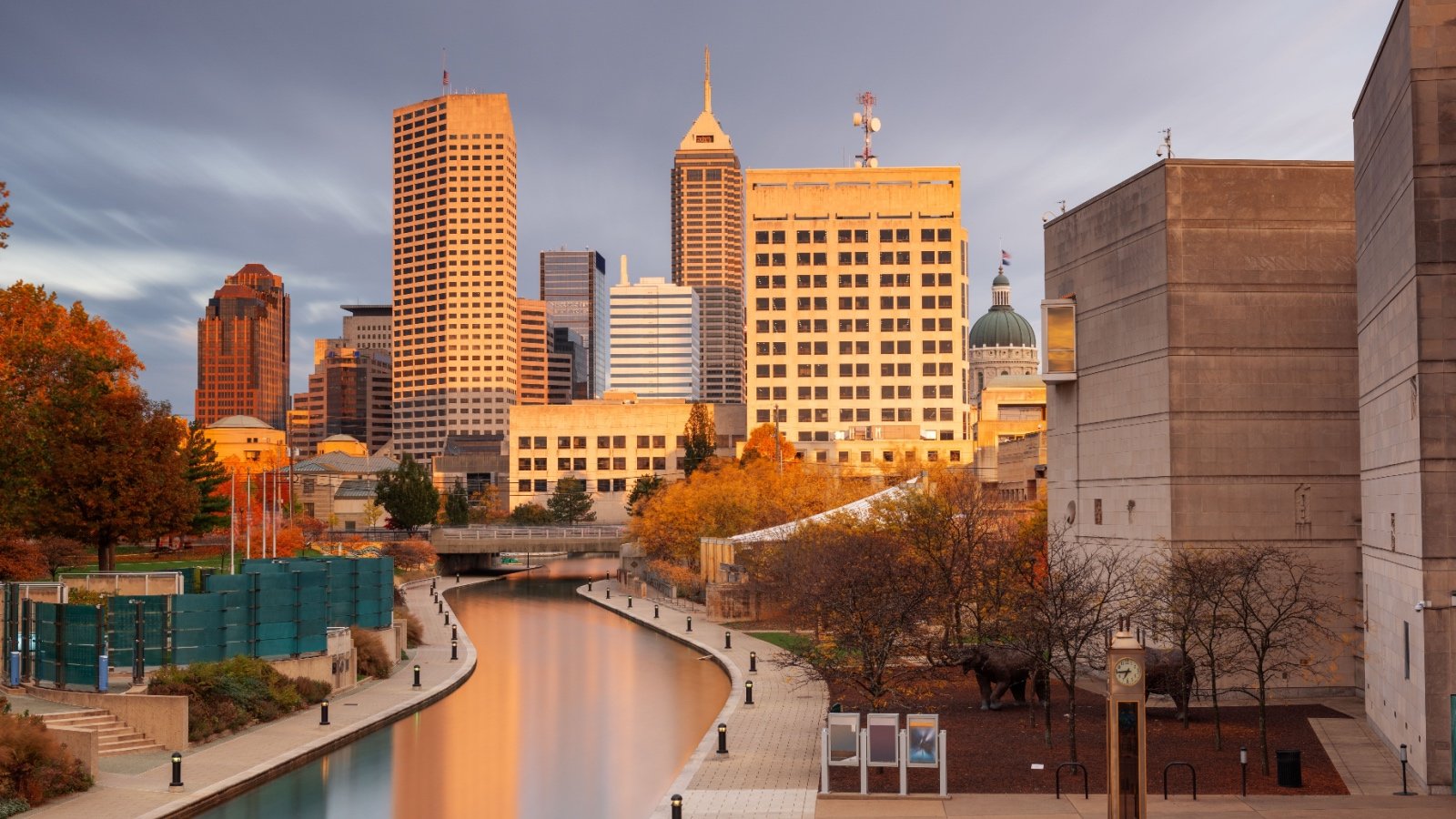
Indianapolis is a city where chain restaurants are king, leaving little room for the kind of culinary creativity that foodies seek. While the city does offer a few notable dining spots, the overall scene is relatively bland and predictable. Food enthusiasts might find Indianapolis lacking in the variety and innovation that defines a great food city.
Oklahoma City, Oklahoma
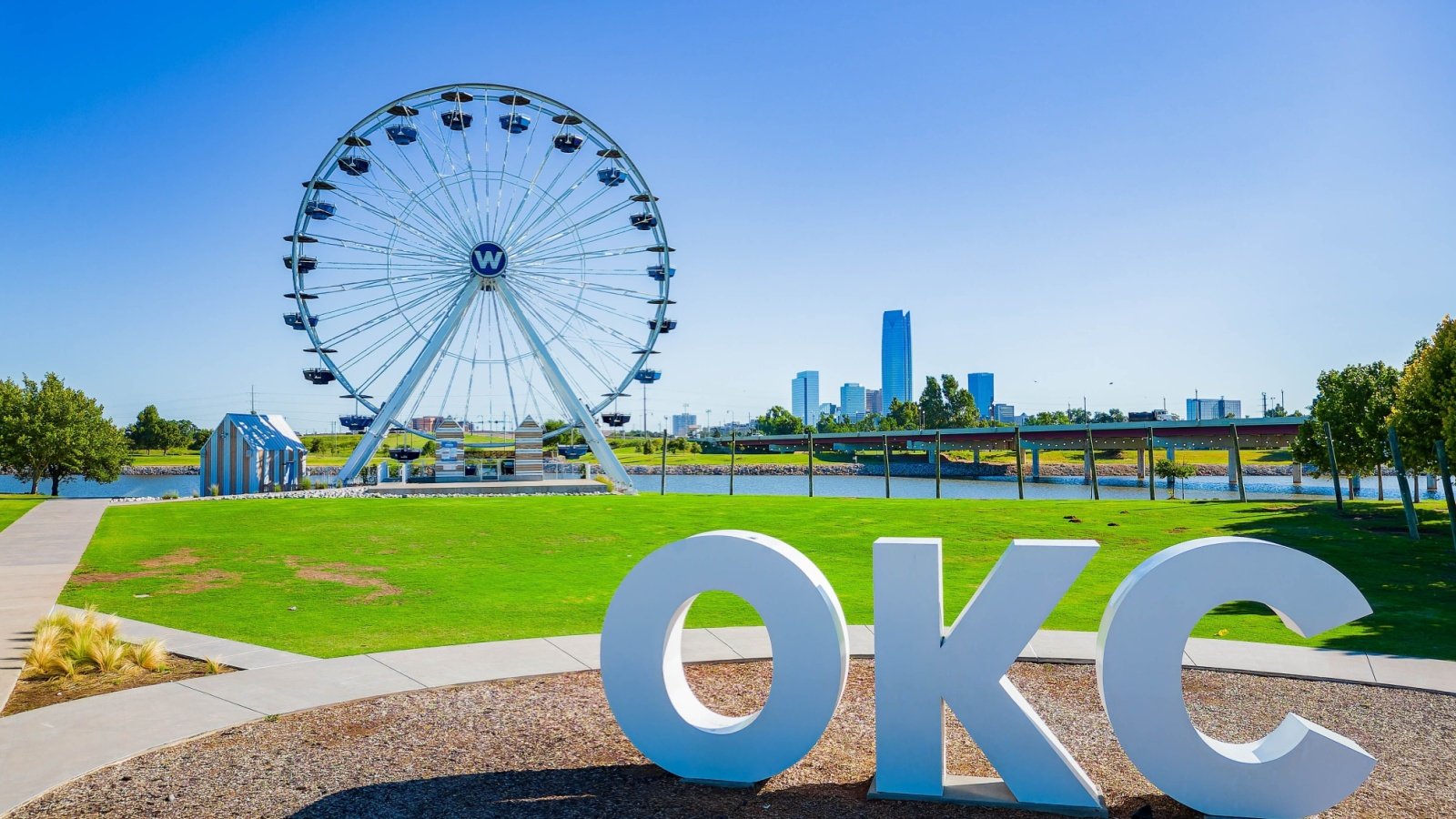
Oklahoma City’s dining scene is heavily influenced by traditional Southern and Midwestern cuisine, which can be limiting for those looking for something different. The city is packed with BBQ joints and steakhouses, but finding international or avant-garde cuisine can be a challenge. Foodies may find Oklahoma City’s offerings too narrow to satisfy their diverse tastes.
Colorado Springs, Colorado

Colorado Springs is known for its outdoor activities and scenic beauty, but its food scene is far from impressive. The city’s dining options tend to cater to tourists, with a heavy emphasis on chain restaurants and basic American fare. For food lovers, Colorado Springs might not offer the culinary excitement they’re looking for.
Rochester, New York
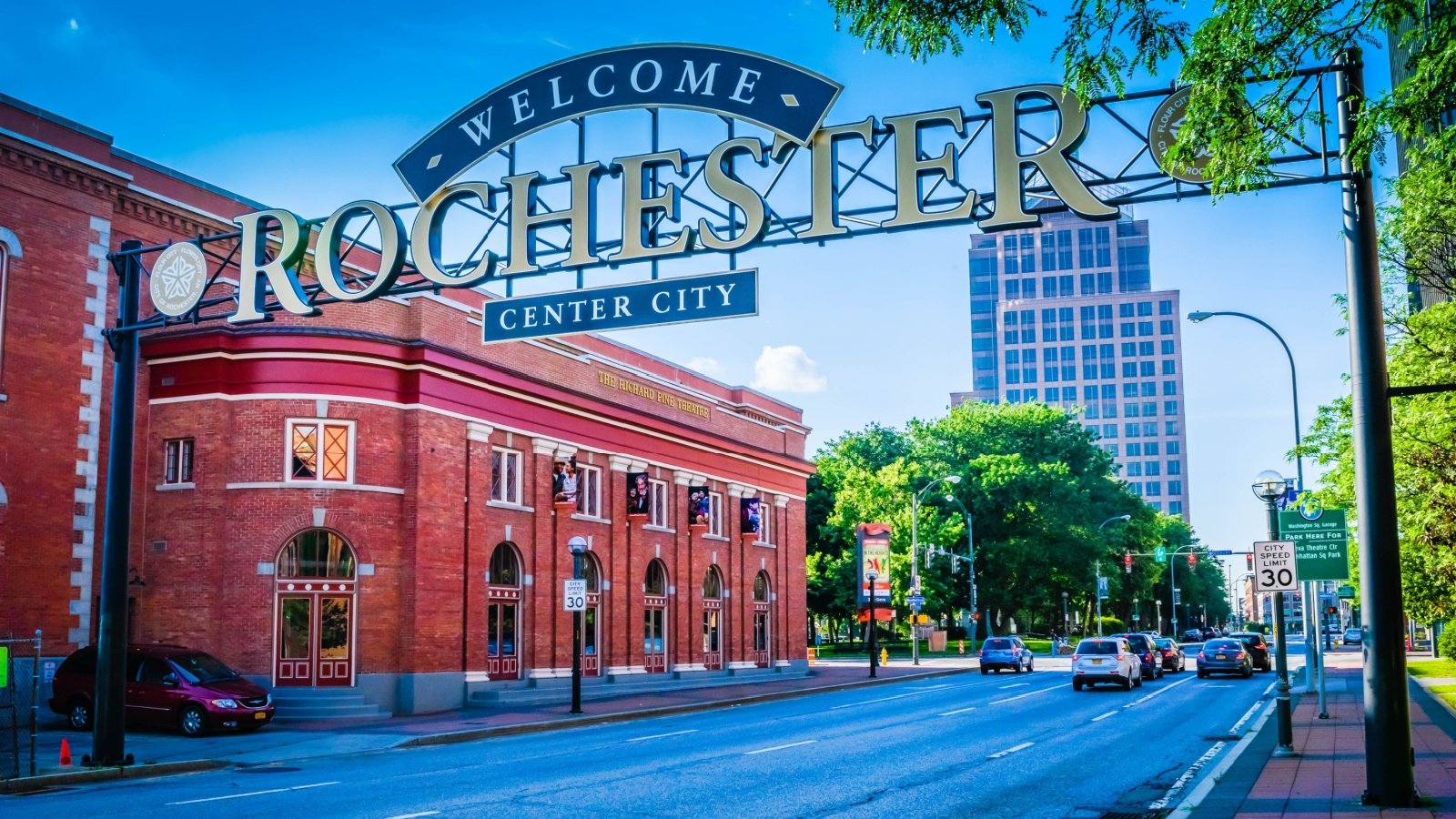
Rochester is a city with a food scene that’s largely stuck in the past, offering little in the way of innovative or diverse cuisine. The dining landscape is dominated by traditional American and Italian restaurants, with few options for those seeking something new or exciting. Foodies might find Rochester’s offerings disappointingly predictable.
Wichita, Kansas
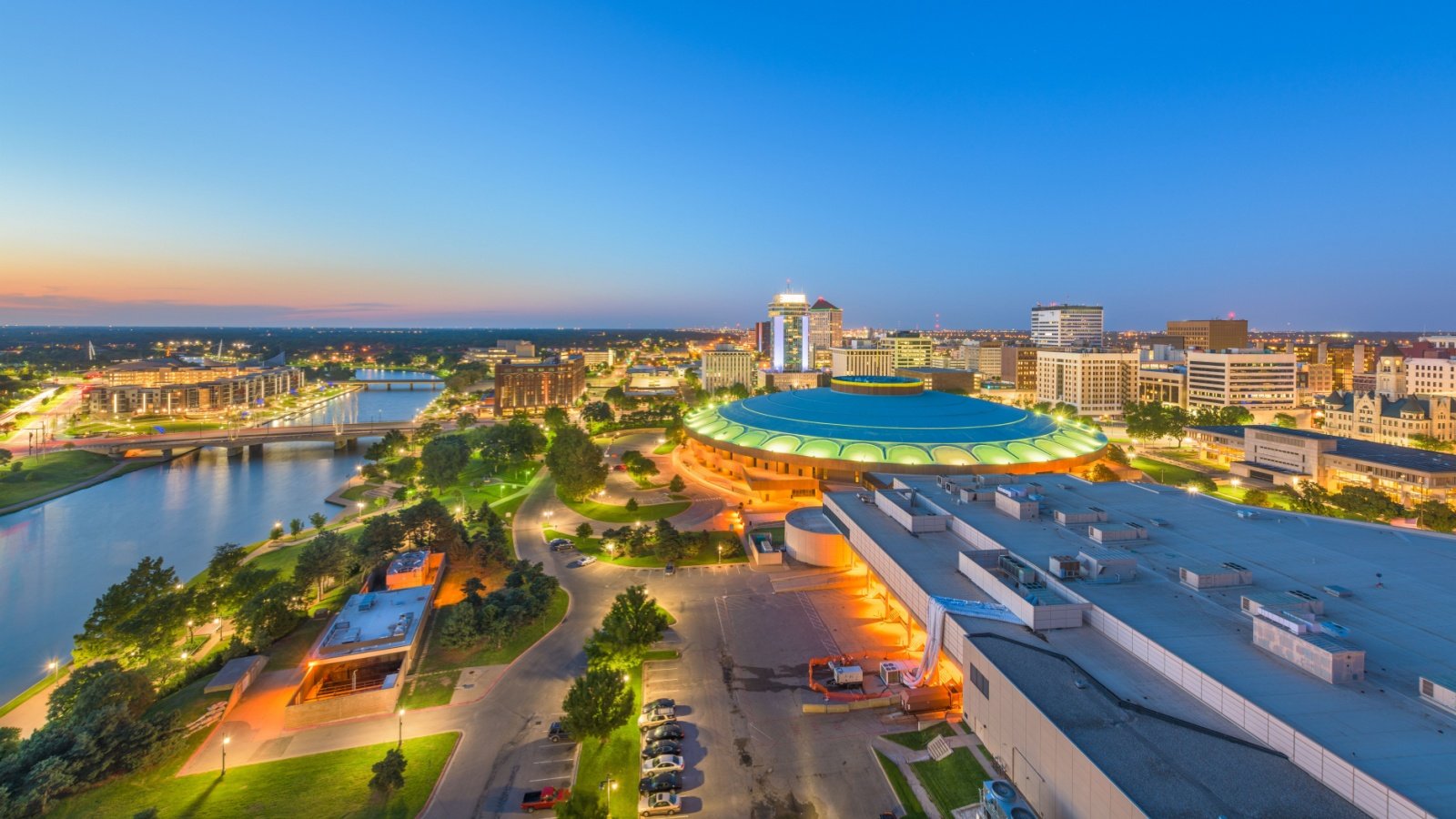
Wichita’s food scene is primarily focused on comfort food and traditional Midwestern fare, with little emphasis on culinary innovation. The city has its share of BBQ joints and steakhouses, but options for international cuisine or modern dining are limited. For foodies seeking variety and excitement, Wichita might not be the best choice.
El Paso, Texas
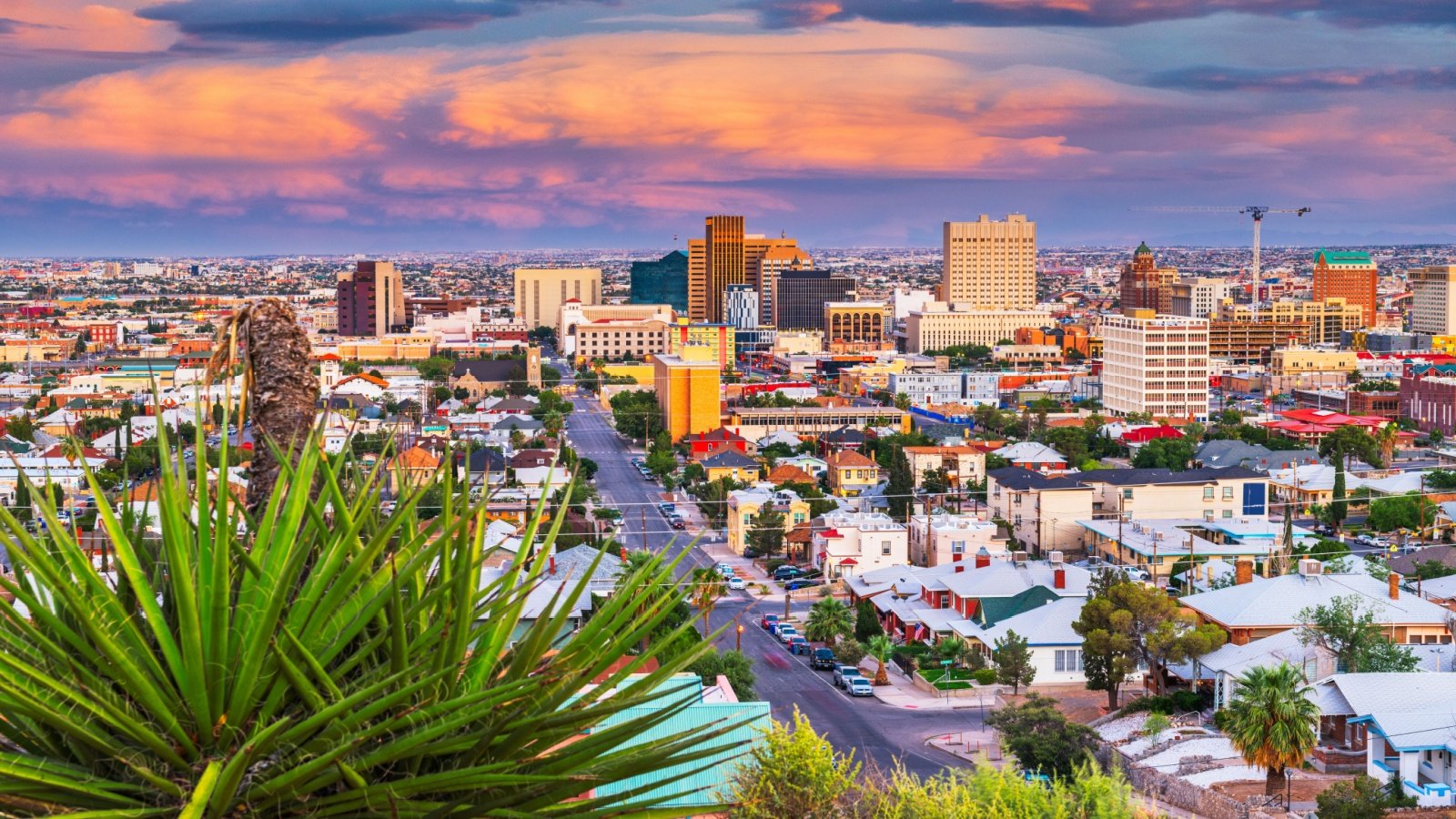
El Paso’s dining scene is heavily influenced by its proximity to Mexico, but beyond Tex-Mex, the options are surprisingly limited. The city’s focus on traditional Mexican fare leaves little room for diversity or modern culinary trends. While the Tex-Mex is excellent, foodies might find El Paso’s overall dining scene lacking in variety.
Little Rock, Arkansas
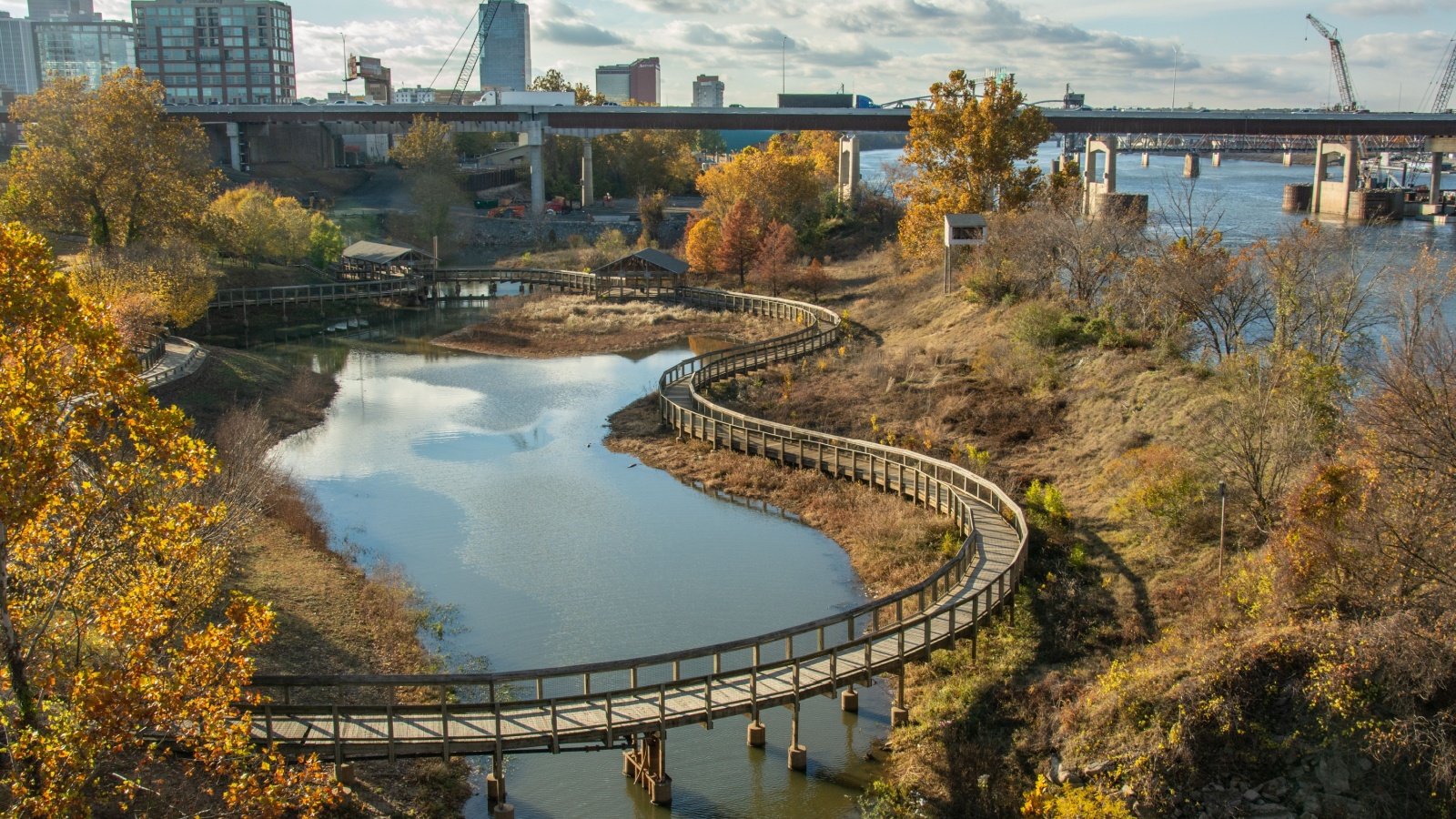
Little Rock’s food scene is firmly rooted in Southern traditions, with few options for those seeking something different. The city’s dining landscape is dominated by comfort food and BBQ, with limited choices for international or innovative cuisine. Food lovers looking for a culinary adventure may find Little Rock’s offerings too predictable.
Birmingham, Alabama

Birmingham is known for its Southern cuisine, but the city’s dining scene offers little in the way of diversity or modern culinary trends. While the BBQ is top-notch, foodies might find the lack of variety and innovation disappointing. Those seeking a broader culinary experience may want to look elsewhere.
Spokane, Washington
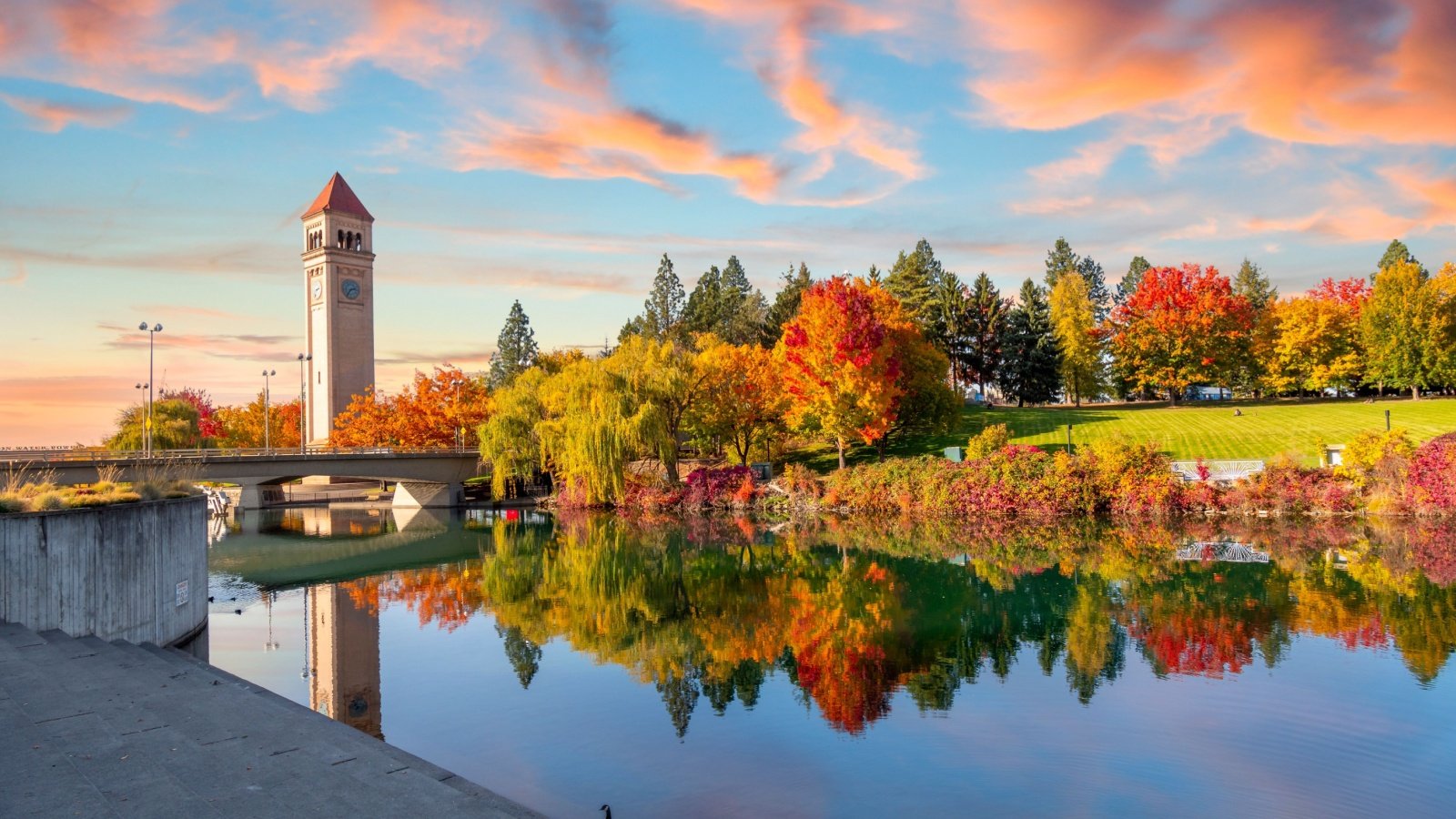
Spokane’s food scene is relatively basic, with a heavy reliance on chain restaurants and traditional American fare. The city lacks the diversity and innovation that foodies often seek, making it a less-than-ideal destination for culinary exploration. Those with adventurous palates may find Spokane’s offerings underwhelming.
Mobile, Alabama
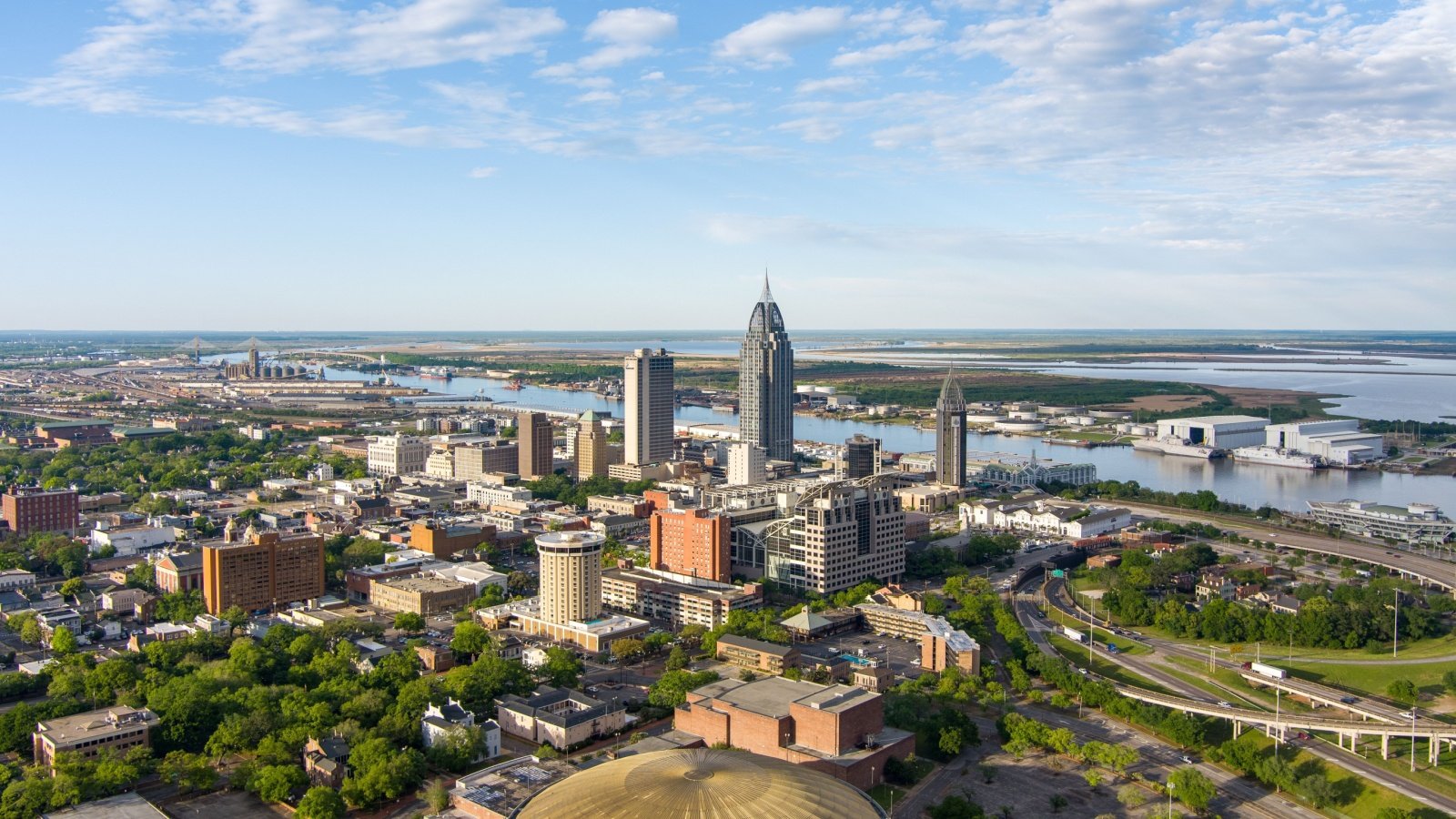
Mobile offers a dining scene that is largely focused on traditional Southern and seafood dishes, with little emphasis on culinary innovation. The city’s restaurant landscape is dominated by familiar, comforting fare, but lacks the excitement and diversity that foodies crave. For those seeking a more adventurous dining experience, Mobile might fall short.
Des Moines, Iowa
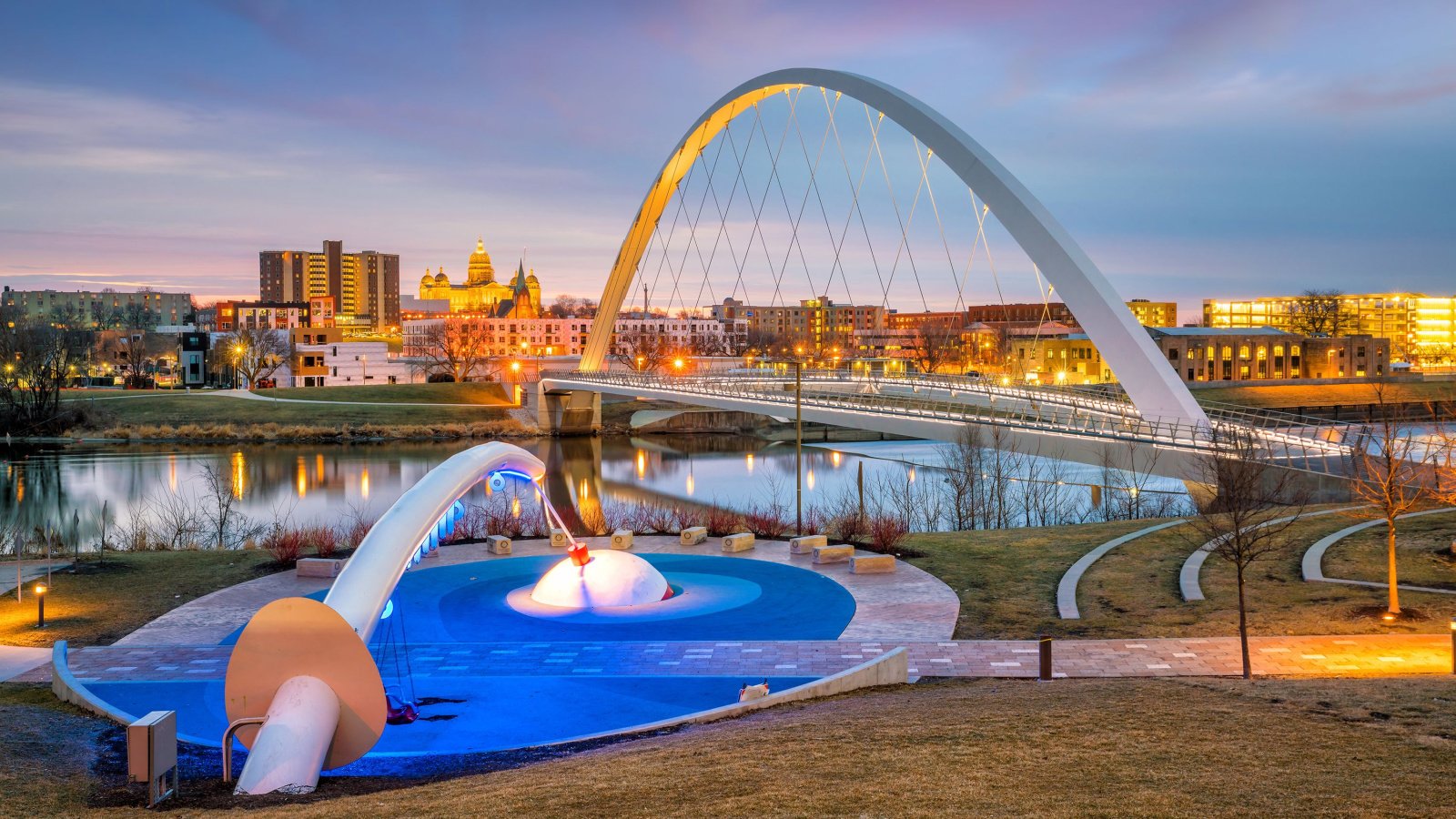
Des Moines is a city where the food scene is dominated by classic Midwestern comfort food, with limited options for more adventurous dining. The city’s restaurant offerings are largely predictable, with few choices for those seeking innovative or diverse cuisine. Foodies looking for a more exciting culinary experience may find Des Moines lacking.
Corpus Christi, Texas

Corpus Christi’s food scene is primarily focused on Tex-Mex and seafood, with limited options for those seeking something different. The city’s dining landscape is heavily influenced by its coastal location, but the variety and innovation that foodies crave are often lacking. For those seeking a more robust culinary experience, Corpus Christi might not deliver.
Anchorage, Alaska
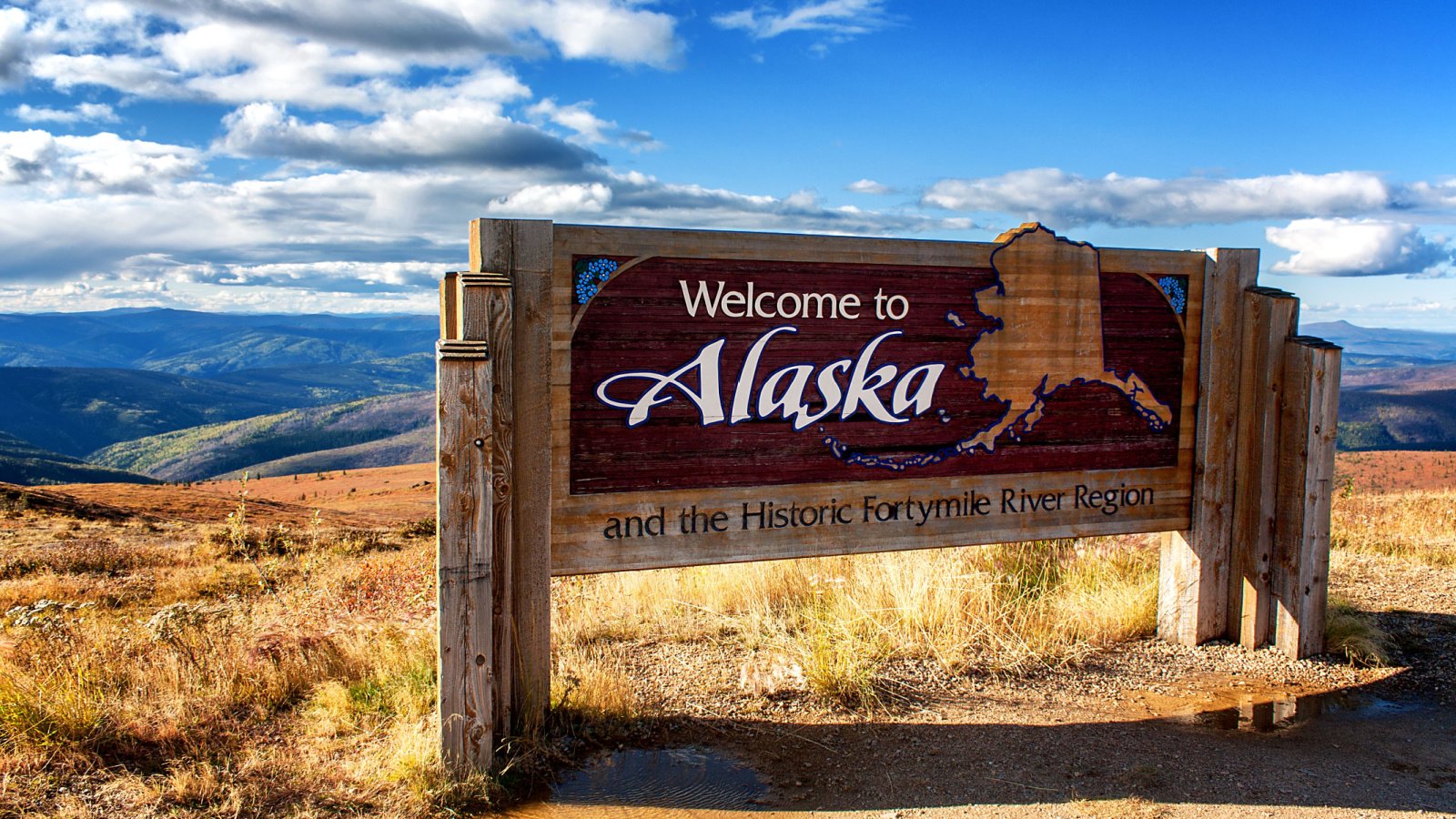
Anchorage is a city where the food scene is heavily influenced by its remote location, resulting in limited options for fresh, diverse cuisine. The city’s dining landscape is dominated by chain restaurants and basic American fare, with few standout options for foodies. For those seeking exciting culinary experiences, Anchorage might not be the best destination.
Lubbock, Texas

Lubbock may be known for its music scene, but when it comes to food, the city leaves much to be desired. Chain restaurants dominate the landscape, with few options for those seeking diverse or innovative cuisine. If you’re looking for culinary creativity, Lubbock’s dining scene will likely disappoint.
Toledo, Ohio
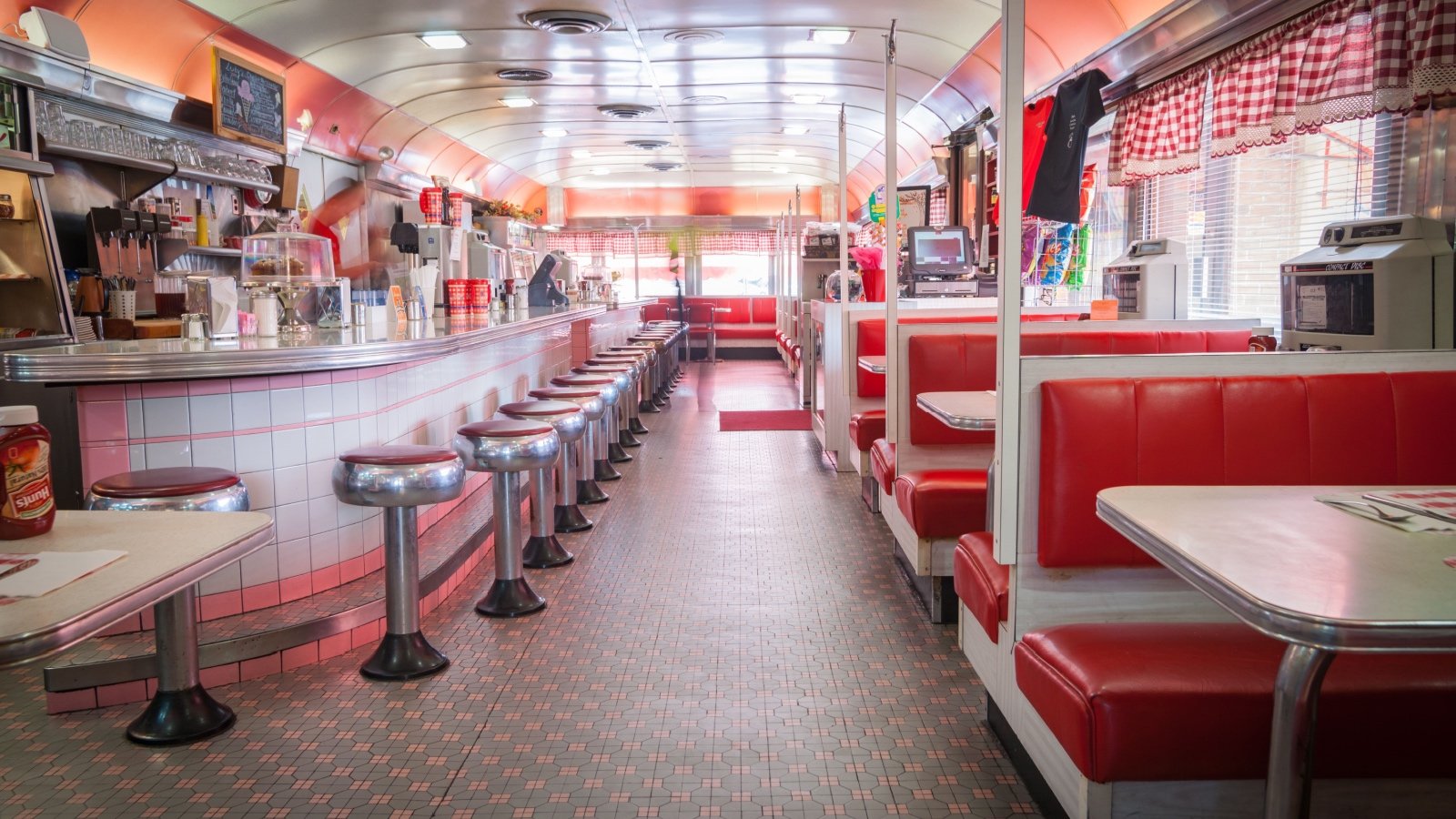
Toledo’s food scene is as industrial as its history, with a focus on simple, hearty meals that lack variety and innovation. The city’s dining options are largely dominated by chain restaurants and outdated diners. For foodies looking for fresh and exciting culinary experiences, Toledo is unlikely to deliver.
Bakersfield, California

Bakersfield offers a dining scene that is heavily skewed towards fast food and casual chains, with few options for adventurous eaters. Despite being located in California, a state known for its food culture, Bakersfield’s culinary offerings fall short. Food lovers might find the city’s lack of diversity and innovation a major drawback.
Shreveport, Louisiana

Shreveport’s food scene is heavily influenced by its Southern roots, but it offers little in the way of diversity or modern dining trends. The city’s restaurant options are largely focused on comfort food and traditional Southern fare, with few choices for international or avant-garde cuisine. For food lovers, Shreveport might not offer the culinary excitement they’re looking for.
Fort Wayne, Indiana

Fort Wayne is a city where the food scene is as conservative as its reputation, with few options for adventurous eaters. The dining landscape is dominated by chain restaurants and traditional American fare, leaving little room for culinary creativity. Foodies may find Fort Wayne’s offerings too predictable and uninspiring.
Springfield, Missouri

Springfield offers a food scene that is largely centered around comfort food and chain restaurants, with little emphasis on innovation. The city’s dining options are predictable, offering few surprises for those with more adventurous palates. Foodies looking for excitement and variety may find Springfield’s offerings underwhelming.
Boise, Idaho
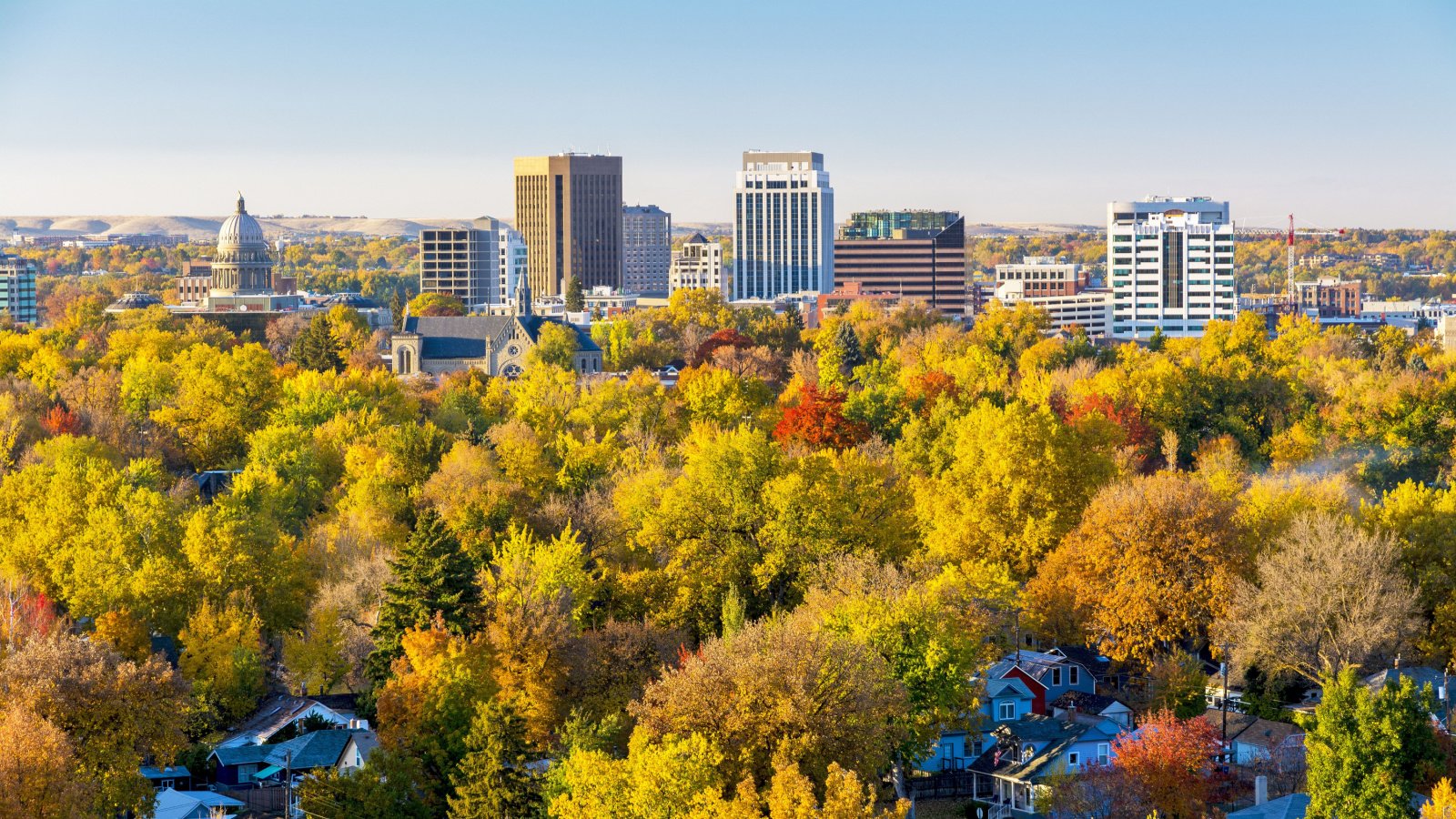
Boise’s food scene is growing, but it still lacks the diversity and innovation that food lovers often seek. The city’s dining options are largely focused on traditional American fare, with few choices for those looking for more adventurous cuisine. While Boise is improving, it may not yet satisfy the culinary desires of true foodies.









Doch auch Lotteriespiele sind von Ezugi bei Boomerang Casino zu
finden. Somit bietet dieses eine Erfahrung von fast zwei Jahrzehnten am iGaming-Markt.
Mit Hunderten von Spielen des Entwicklers bietet
Boomerang Casino eine riesige Auswahl. Hier sind zahlreiche bekannte Namen vertreten, die eine erstklassige Spielqualität bieten.
Zusätzlich bietet Boomerang einen umfassenden FAQ-Bereich,
der ebenfalls sehr hilfreich ist.
Die Spiele bieten eine große Themenvielfalt, von Abenteuern und Mythologie über
klassische Früchteslots bis zu Fantasy-Themen. Hier findest Du über 2.500 Spiele
von führenden internationalen Anbietern, darunter
Slots, Tischspiele und Live Casino. Bevor du eine größere Summe auszahlen kannst, müssen sie sicherstellen, dass du auch wirklich du bist.
Am schnellsten geht’s über den Live-Chat auf der Website.
Egal, welche Art von Spielen Sie mögen, Spielautomaten, Baccarat oder Blackjack, Sie haben die Möglichkeit,
es überall dort zu spielen, wo es eine Netzwerkverbindung gibt.
Sie können bei BoomerangCasino bequem über die mobile Website des Anbieters spielen,
die auf einer Vielzahl von Geräten mit modernen Betriebssystemen verfügbar ist.
Im nächsten Schritt müssen Sie Ihren Vor- und Nachnamen, Land, Währung, mit der Sie spielen möchten, Telefonnummer,
Adresse und Geburtsdatum eingeben.
References:
https://online-spielhallen.de/umfassender-ratgeber-zur-ice-casino-mobile-app/